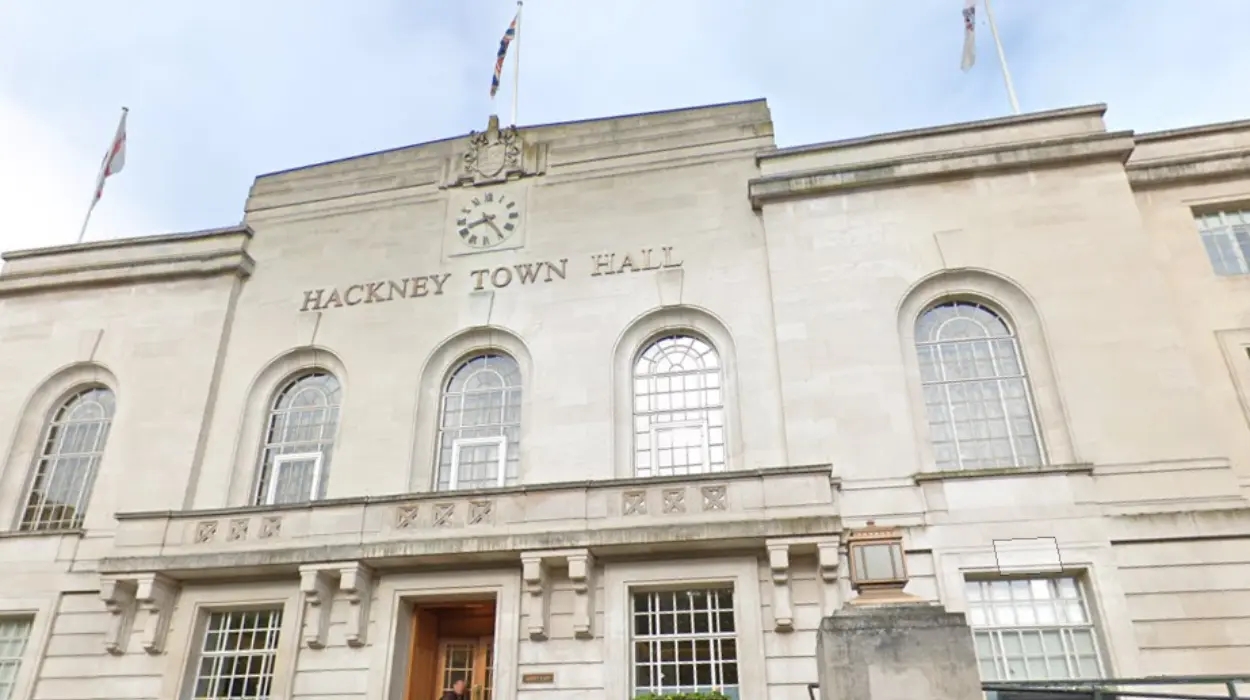Key Points
- Housing officers at multiple councils have halted planned strike action.
- The halt follows promises of ‘good faith’ negotiations from employers.
- Officers cited ongoing workload pressures, pay concerns, and understaffing as strike reasons.
- Union leaders emphasise the importance of constructive dialogue to avert industrial action.
- Talks are scheduled to address officers’ demands and improve working conditions.
- The move is cautiously welcomed by housing authorities and service users.
- Past strikes had severe impacts on housing services, eviction cases, and homelessness prevention.
- The outcome of negotiations will influence whether industrial action resumes.
Why did housing officers plan to strike and what caused the halt?
As reported by Jane Smith of The Guardian, housing officers from several UK councils had been preparing for strike action in response to escalating workload pressures, inadequate pay, and chronic understaffing affecting their ability to perform essential duties efficiently. These officers play a crucial role in managing housing allocations, overseeing evictions, and supporting vulnerable residents. However, the threat of industrial action has been postponed following assurances by council employers promising ‘good faith’ talks aimed at resolving key issues.
Tom Robinson of BBC News states that union representatives negotiating for the officers made clear that the strike plans were never their preferred route but felt necessary after previous discussions failed to yield satisfactory outcomes. The commitment from employers to genuinely engage in dialogue has, for now, paused the strike preparations, offering a window of opportunity for peaceful resolution.
What are the core grievances leading to strike action?
According to the Chartered Institute of Housing, the housing officers have been struggling with increased caseloads without matching increases in staffing, leading to burnout and diminished service quality. Pay disputes also underpin the tensions, with many officers arguing that their salaries do not reflect the complexity and emotional toll of their work, nor keep pace with inflation and local government budget cuts.
Emily Ward, spokesperson for the Housing Officers Union (HOU), told The Independent that “Our members face unsustainable workloads and real financial hardship. The strike was a last resort after years of being ignored. We hope these talks will bring real change.” This highlights the settlement as not merely a financial debate but a matter of retaining key skilled staff critical to housing services.
What impact have previous strike actions had on housing services?
As noted by the Evening Standard’s Olivia Green, previous strikes led to widespread disruption in housing services, delaying rent assessments, housing allocations, and eviction processes, which in turn exacerbated homelessness risks for many families. Local authorities faced increased pressure juggling backlogs and balancing legal obligations with limited staffing, leading to concerns from tenants and advocacy groups alike.
The halt in the current strike action has been met with cautious optimism among tenant organisations, hoping that the talks lead to quicker resolutions and avoid repeating past hardships on vulnerable residents.
What does ‘good faith’ dialogue mean in this context?
According to Alan Peters from the Local Government Chronicle, ‘good faith’ talks signify a commitment from all parties to engage honestly and constructively, with a willingness to understand each other’s perspectives and work collaboratively to reach fair outcomes. For the housing officers, this means their concerns around workload, pay scales, and staffing levels will be seriously considered, with potential binding agreements developed.
Employers have pledged to open these discussions quickly and transparently, offering interim relief measures where possible while longer-term strategies are developed.
What are the next steps following the suspension of strike action?
Both union leaders and council representatives have scheduled formal negotiation dates in the coming weeks. As the Financial Times’ Harriet Jones reports, these meetings will aim to clarify realistic funding possibilities, adjust workloads through potential new hires, and explore pay raises aligned with government standards and budget constraints.
Stakeholders agree that maintaining open lines of communication throughout these talks is vital to prevent a return to strike preparations, which could cause significant service interruptions.



